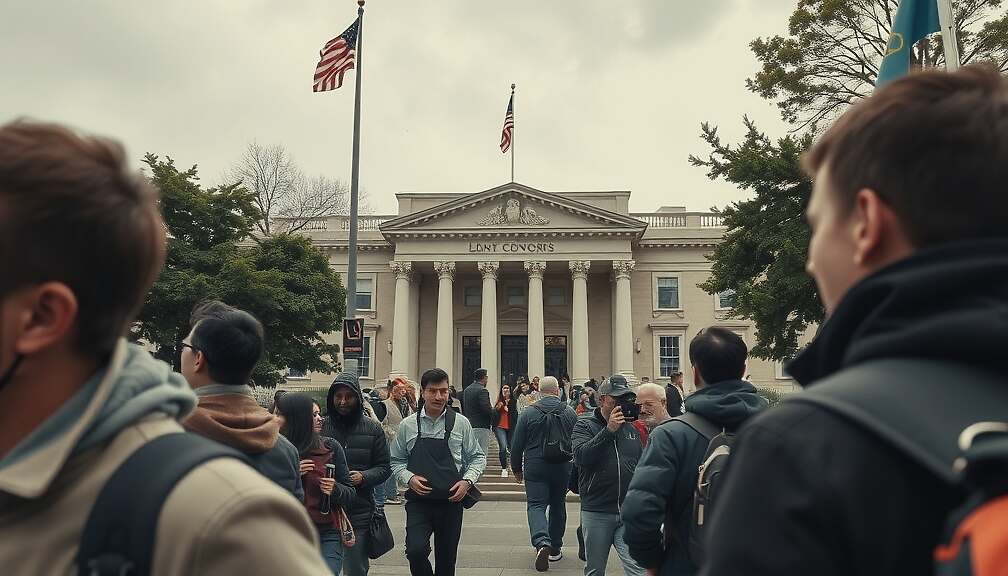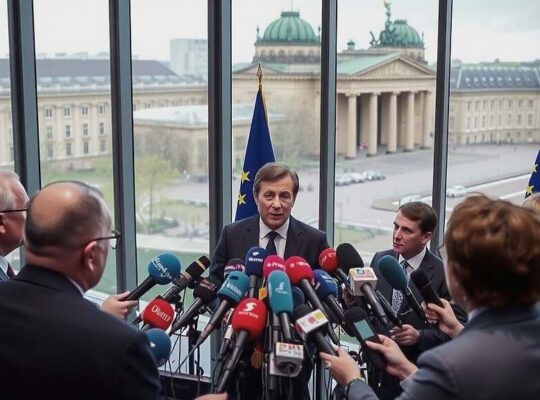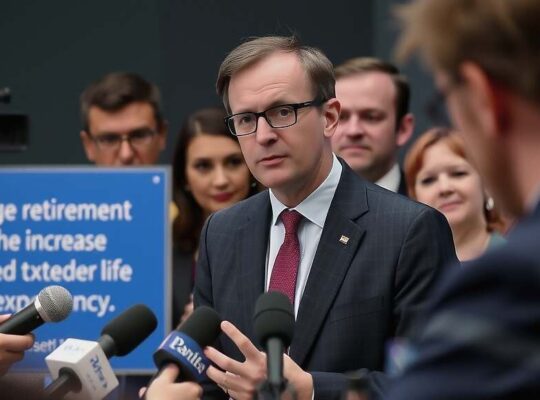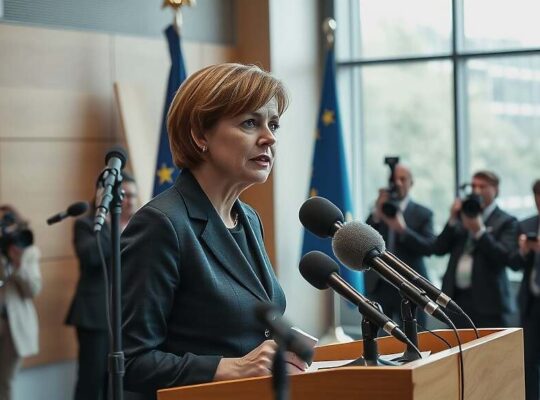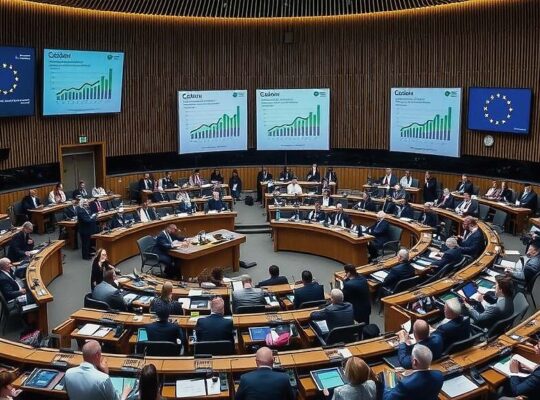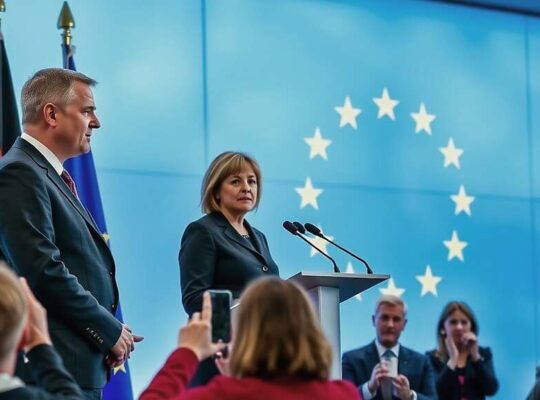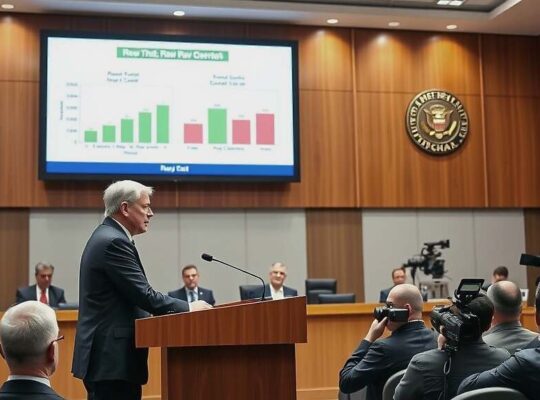A surge in secret intelligence checks on civil society organizations and individuals seeking public funding has sparked accusations of a burgeoning “surveillance regime” within Germany. Responding to a parliamentary inquiry by the Left party, the Federal Interior Ministry revealed that the domestic intelligence agency, the Verfassungsschutz, has scrutinized over 2,500 non-governmental organizations (NGOs) and individual applicants for grants between 2020 and 2024.
The process, known as the “Haber Procedure” allows government agencies – including the Chancellery, ministries and bodies like the Federal Office for Migration and Refugees (BAMF) – to request the Verfassungsschutz assess potential applicants based on whether “constitutionally relevant information” exists. Critically, this assessment can be triggered without a prior suspicion of wrongdoing and those being investigated are not informed of the scrutiny.
Between 2020 and 2024, 1,250 NGOs and 1,296 individuals were subjected to this opaque process. In 210 instances, the Verfassungsschutz provided information that prompted the Interior Ministry to recommend the rejection of funding applications. While the Haber Procedure has existed since 2004, the scale of its application has dramatically increased in recent years, with around 50 applicants from the “Democracy Alive” funding program checked between 2004 and 2018 and a further 330 assessments conducted for multiple ministries and agencies in 2018 and 2019 alone.
The intensified use of the procedure is drawing sharp criticism. Clara Bünger, the Left party’s interior policy spokesperson, condemned the practice as contributing to “a culture of suspicion and a regime of secret intelligence gathering” directed at civil society. She questioned the proportionality of the measures, arguing that it constitutes an unwarranted intrusion into the activities of organizations and individuals working in the public interest. Concerns are being raised about the potential chilling effect on free expression and the legitimacy of government funding processes, as organizations may be deterred from applying for grants due to the risk of unwarranted scrutiny. Critics are calling for greater transparency and accountability regarding the Verfassungsschutz’s activities and the criteria used to trigger these assessments, fearing a gradual erosion of fundamental rights.


